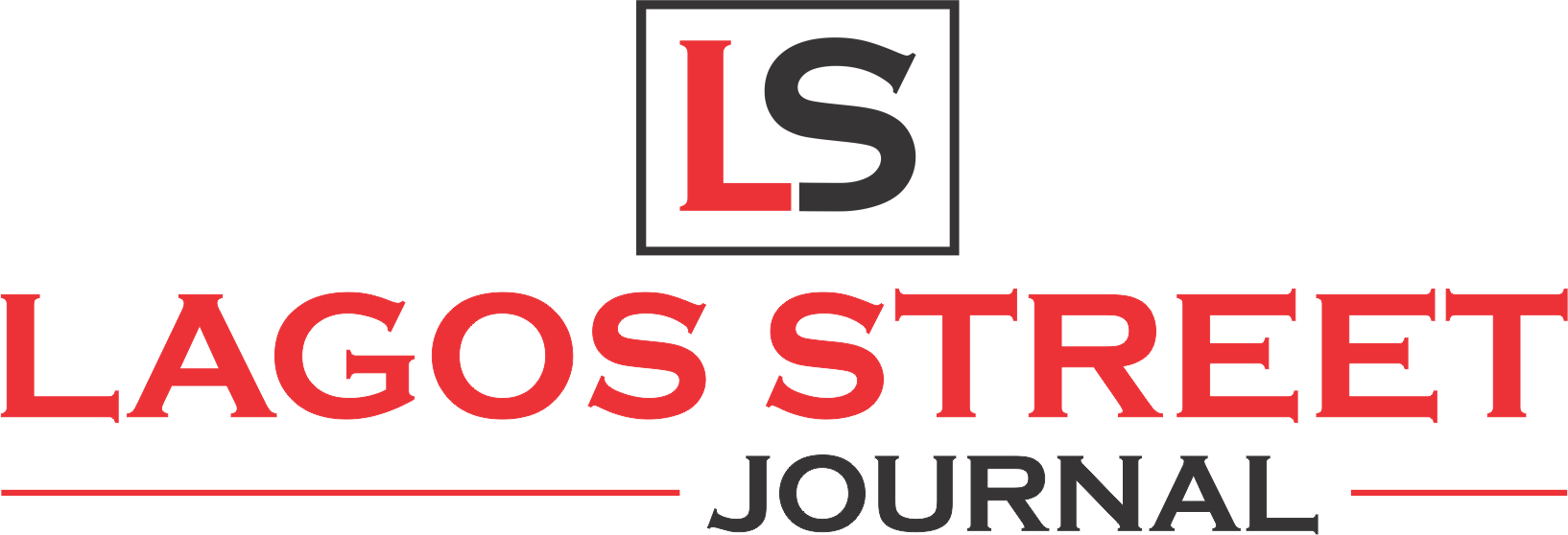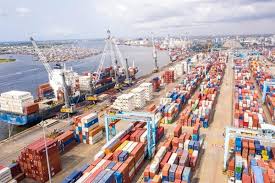Adelabu Highlights ₦4trn Power Debt Clearance, Reforms at Nigeria Energy Forum 2025

Favour Rotimi
The Minister of Power, Adebayo Adelabu, has reaffirmed the Federal Government’s commitment to transforming Nigeria’s electricity sector through sustained investments, policy reforms, and strategic partnerships with the private sector.
Speaking at the Nigeria Energy Forum 2025 in Lagos, Adelabu said the government is implementing a comprehensive and multi-pronged reform agenda anchored on legislation, infrastructure expansion, energy transition, and commercialization to build a resilient and sustainable power industry.
He described the forum’s theme, “Powering Nigeria through Investment, Innovation, and Partnership,” as reflective of the government’s resolve to deliver reliable, affordable, and cleaner energy for all Nigerians in line with President Bola Ahmed Tinubu’s Renewed Hope Agenda.
Adelabu announced that President Tinubu has approved a ₦4 trillion bond to clear verified debts owed to generation companies (GenCos) and gas suppliers, aimed at stabilizing the Nigerian Electricity Supply Industry (NESI) and restoring investor confidence.
Also read Nigeria, China to Deepen Power Sector Partnership – Adelabu
He also disclosed that power sector revenue grew by 70 percent to ₦1.7 trillion in 2024 following tariff policy reforms, and is projected to surpass ₦2 trillion in 2025. To protect vulnerable households, a targeted subsidy framework is being developed alongside commercialization initiatives.
On legislative reforms, Adelabu noted that the Electricity Act 2023 has devolved regulatory powers to states, enabling subnational electricity markets and promoting competition. “Fifteen states have now received regulatory autonomy, with one fully operationalized,” he said, adding that collaboration with state governments remains critical to off-grid development and monitoring distribution company performance.
Highlighting infrastructure progress, the minister said over 700MW of new transmission capacity has been achieved under Phase Zero of the Presidential Power Initiative (PPI), while contracts for Phase One have been signed with Siemens Energy, CMEC, ElSewedy Electric, and Power China to add 7,000MW to the grid.
He announced that the government has also completed the unbundling of the Transmission Company of Nigeria (TCN) into the Nigerian Independent System Operator (NISO) and the Transmission Service Provider (TSP)—a key structural reform to improve efficiency.
On metering, Adelabu revealed that ₦700 billion has been secured from the Federation Account Allocation Committee (FAAC) to deploy 1.1 million meters by end of 2025 under the Presidential Metering Initiative, with 2 million more to follow annually for five years. This complements the World Bank’s DISREP program providing 3.2 million additional meters.
In renewable energy, the minister said Nigeria has mobilized over $2 billion in bilateral and development funding, including the World Bank’s $750 million DARES program, the $500 million NSIA RIPLE platform, and the $190 million JICA facility. These, he said, are driving off-grid and mini-grid expansion across underserved communities.
He further disclosed that new facilities at the National Power Training Institute of Nigeria (NAPTIN) and agreements from the Nigerian Renewable Energy Innovation Forum (NREIF) 2025 will add 4GW of solar manufacturing capacity annually, with locally made solar panels already being exported to Ghana.
Adelabu urged investors and innovators to seize opportunities in Nigeria’s expanding power market, noting that over 10GW of stranded generation capacity could be unlocked through partnerships.
“Our market fundamentals are improving, our policy environment is clear, and the national leadership is committed to creating enabling conditions for long-term investment,” he said.






